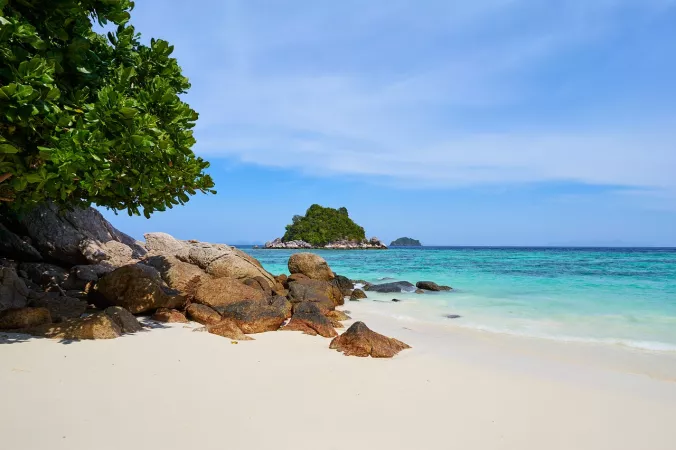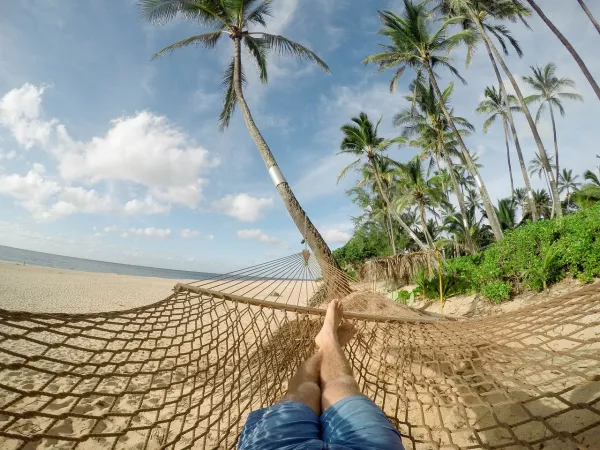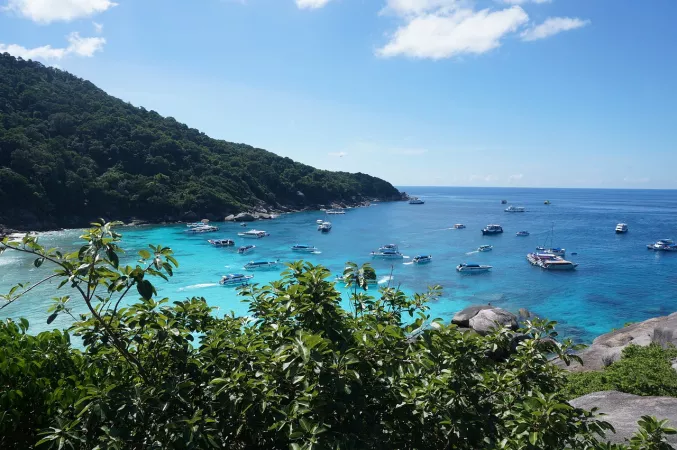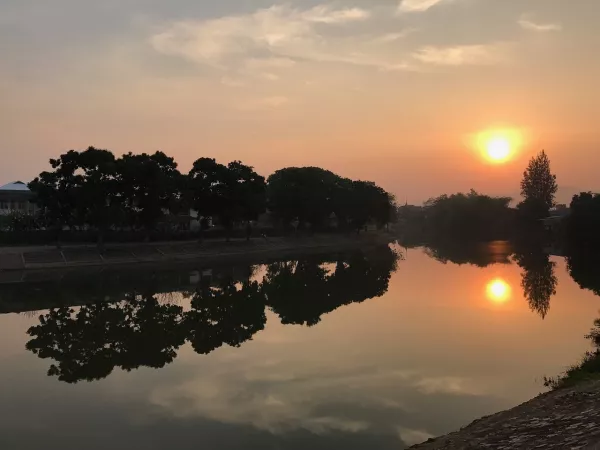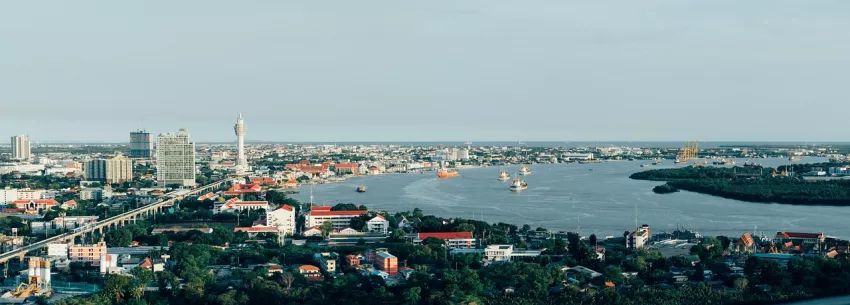
Samut Prakan Travel Guide
Samut Prakan, located in Thailand, is a destination rich in history, culture, and natural beauty. Known for its proximity to Bangkok and the Gulf of Thailand, this province is famous for its ancient temples, bustling markets, and traditional villages. The region's historical significance dates back to the Ayutthaya period, making it a must-visit for history buffs. The diverse geography, from mangrove forests to urban centers, offers a unique experience for travelers seeking an authentic taste of Thailand.Top Attractions in Samut Prakan
- Ancient City (Muang Boran)
- Erawan Museum
- Bang Pu Seaside Resort
- Phra Samut Chedi
- Bang Nam Phueng Floating Market
Samut Prakan is Famous for
Samut Prakan is famous for its Ancient City, a unique outdoor museum featuring replicas of Thailand's most important cultural treasures.Top Attractions in Samut Prakan
- Explore the Ancient City for a glimpse into Thailand's past
- Marvel at the giant three-headed elephant statue at the Erawan Museum
- Relax by the seaside at Bang Pu Seaside Resort
- Visit Phra Samut Chedi, a stunning pagoda with panoramic views
- Experience the vibrant atmosphere of Bang Nam Phueng Floating Market
What's Great about Travelling to Samut Prakan?
- Rich cultural heritage
- Unique attractions
- Close proximity to Bangkok
- Authentic local experiences
What's Not So Great about Travelling to Samut Prakan?
- Limited nightlife options
- Can be crowded during peak tourist seasons
- Language barrier for English speakers
Travel Tips for Samut Prakan
- Check visa requirements before travel
- Use public transportation or hire a local guide for ease of navigation
- Respect local customs and traditions
- Stay hydrated and carry sunscreen during outdoor excursions
Important Samut Prakan trip information
- Ideal Duration: 2-3 days to explore the main attractions
- Best Time to Visit: November to February for cooler weather
- Nearby Airports and Railway Stations: Suvarnabhumi Airport; Samut Prakan Railway Station
FAQ's on Samut Prakan
Q1: What is the best time to visit Samut Prakan?
The best time to visit Samut Prakan is during the cool season from November to February when the weather is pleasant and dry, making it ideal for exploring outdoor attractions like Ancient City and Erawan Museum. However, if you want to experience local festivals like Songkran (Thai New Year) in April or the Illuminated Boat Procession during Loy Krathong in November, plan your visit accordingly.
Q2: Do I need a visa to travel to Samut Prakan?
Most tourists visiting Samut Prakan as part of a trip to Thailand do not need a separate visa if staying for less than 30 days. However, it's essential to check the visa requirements based on your nationality as some countries may require a visa for entry.
Q3: What are the must-visit attractions in Samut Prakan?
Samut Prakan is home to unique attractions like the Bang Pu Seaside Resort, Wat Phichai Songkhram, and the Crocodile Farm and Zoo. Don't miss the chance to explore the fascinating floating market at Bang Nam Phueng and the serene atmosphere of the Phra Samut Chedi.
Q4: Is Samut Prakan a safe place to travel?
Samut Prakan is generally a safe destination for travelers. Like any other place, it's advisable to take usual precautions against petty theft and scams. Avoid isolated areas at night and be cautious with your belongings in crowded places.
Q5: What is the local currency in Samut Prakan and can I use credit cards?
The local currency in Samut Prakan, as in the rest of Thailand, is the Thai Baht (THB). While credit cards are widely accepted in hotels, upscale restaurants, and shopping malls, it's recommended to carry cash for small purchases and when visiting local markets.
Q6: What is the local cuisine like in Samut Prakan?
The local cuisine in Samut Prakan offers a delightful array of flavors with dishes like Tom Yum Goong (spicy shrimp soup), Pad Thai (stir-fried noodles), and Som Tum (papaya salad). Seafood lovers will enjoy fresh catches from the nearby Gulf of Thailand.
Q7: What transportation options are available in Samut Prakan?
In Samut Prakan, travelers can use public transportation like buses and songthaews (shared taxis) to get around the city and nearby attractions. Taxis and motorbike taxis are also available for convenient travel. Renting a car or scooter is another option for exploring the region at your own pace.
Q8: Are there any cultural norms or etiquette I should be aware of when visiting Samut Prakan?
When visiting Samut Prakan, it's important to show respect for local customs and traditions. Remember to dress modestly when visiting temples, remove your shoes before entering homes or sacred places, and avoid public displays of affection. Learning a few basic Thai phrases and greeting locals with a polite "wai" (hands pressed together) will be appreciated.
Q9: I am a travel agent. How can I buy travel leads of Samut Prakan?
Register yourself as a travel agent at agents.tripclap.com and then you can buy travel leads to Samut Prakan once your account is approved. For more details contact our support team at +91-8069186564 or support@tripclap.com

